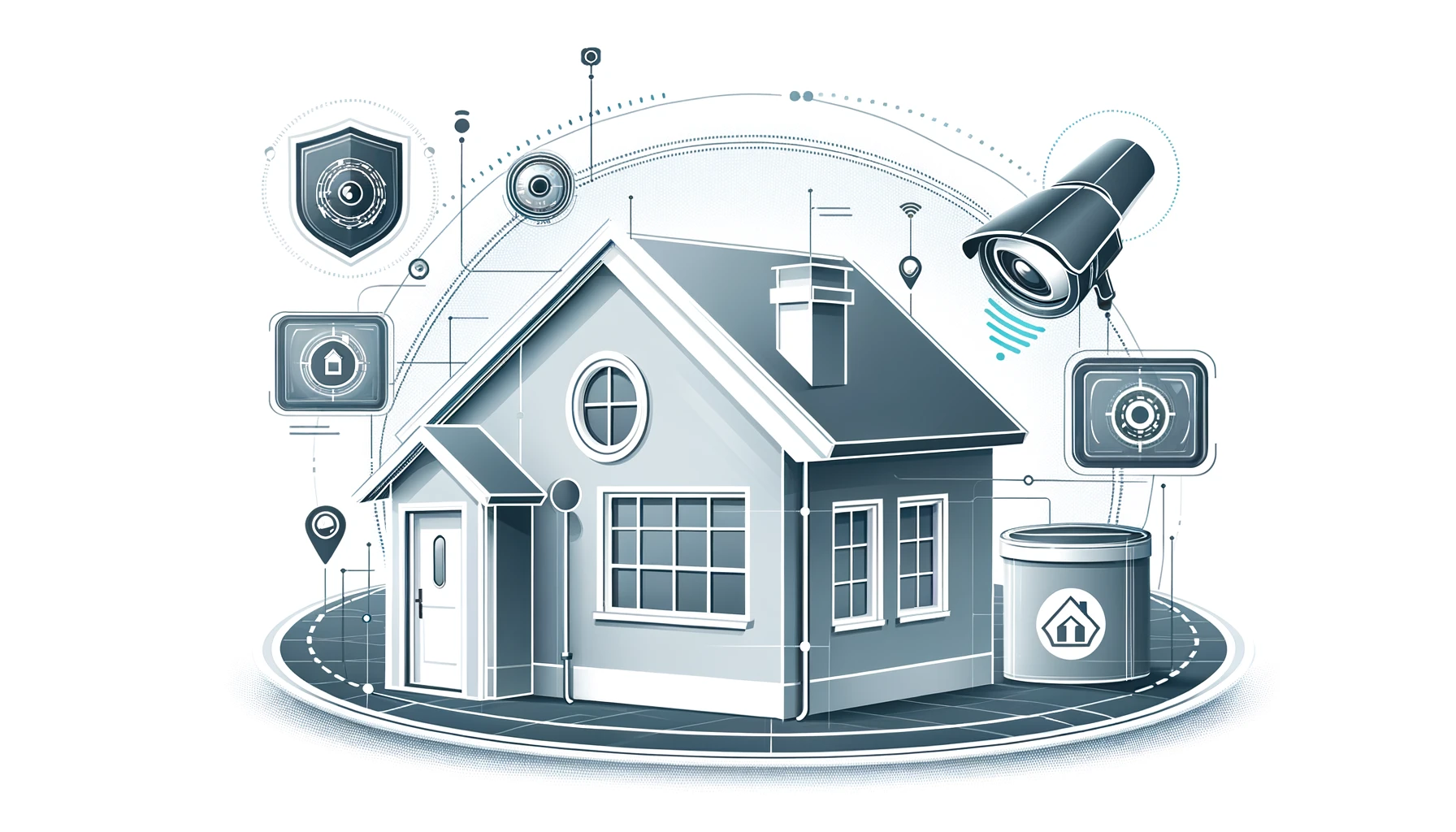Using Technology to Tackle Climate Change
In a bold move to combat climate change, French startup Kelvin is leveraging artificial intelligence (AI) to revolutionize home energy audits. Founded by Clémentine Lalande, Pierre Joly, and Guillaume Sempé in October 2023, the company aims to enhance energy efficiency assessments for homes, addressing a critical aspect of global energy consumption and CO2 emissions.
“We have 300 million homes to renovate over the next 30 years in Europe,” says Lalande, Kelvin’s CEO. “But the construction industry is the second least-digitized sector after agriculture.” This digitization gap is precisely where Kelvin seeks to make its mark, offering an innovative solution to a pressing environmental issue.

Innovative Approach to Home Energy Assessments
Kelvin stands out by integrating computer vision and machine learning into its assessment processes. Unlike many construction companies that rely on traditional, labor-intensive methods, Kelvin employs AI to analyze various data sources, including satellite images and its proprietary dataset of millions of photos and energy assessments. This method enhances the accuracy and efficiency of energy audits.
“We compute more than 12 proprietary, semi-public, or open data sources to provide information on buildings and their thermal performance,” Lalande explains. By analyzing satellite images with machine learning models, Kelvin can detect specific features such as adjoining buildings, solar panels, and collective ventilation units.
Additionally, Kelvin has developed a remote inspection tool that guides users in capturing necessary photos and videos, which are then processed by AI models to count radiators, detect doors, assess ceiling heights, and identify boiler types or ventilation units. This approach negates the need for advanced 3D technologies like lidar, making the tool accessible for widespread use.
Market Potential and Initial Success
Kelvin’s AI-driven solution appeals to various sectors, including construction companies, real estate, and financial institutions. These entities seek accurate, scalable, and cost-effective energy assessments to support home renovation projects and investment decisions. In its initial tests, Kelvin’s technology achieved an accuracy rate within 5% of traditional methods, highlighting its potential to become a standard tool in the industry.
The startup’s innovation and promising results have attracted significant investment, securing €4.7 million ($5.1 million) in funding. This round was led by Racine², with additional contributions from Bpifrance, Seedcamp, Raise Capital, Kima Ventures, Motier Ventures, and several business angels.
Addressing a Growing Need
The urgency for energy-efficient renovations is underscored by the National Housing Agency (ANAH) in France, which aims to renovate 200,000 homes in 2024. However, the shortage of skilled craftspeople hampers progress. By providing a scalable technological solution, Kelvin helps bridge this gap, facilitating more renovations and reducing the environmental impact.
From my point of view, Kelvin’s approach exemplifies how technology can drive significant environmental benefits. By making energy assessments more efficient and accessible, the company not only supports regulatory goals but also empowers homeowners and investors to make informed decisions about renovations.
Looking Ahead
Kelvin’s success thus far suggests a bright future for the startup. If widely adopted, its technology could standardize energy assessments, making it easier to compare homes and renovations. This would not only streamline processes but also foster a competitive market for energy-efficient solutions.
As I see it, Kelvin’s AI-driven model represents a pivotal shift in the construction and real estate industries. By embracing technological advancements, the sector can significantly contribute to global climate goals. The startup’s journey highlights the importance of innovation in tackling complex challenges like climate change, offering a blueprint for how technology can be harnessed for environmental sustainability.






